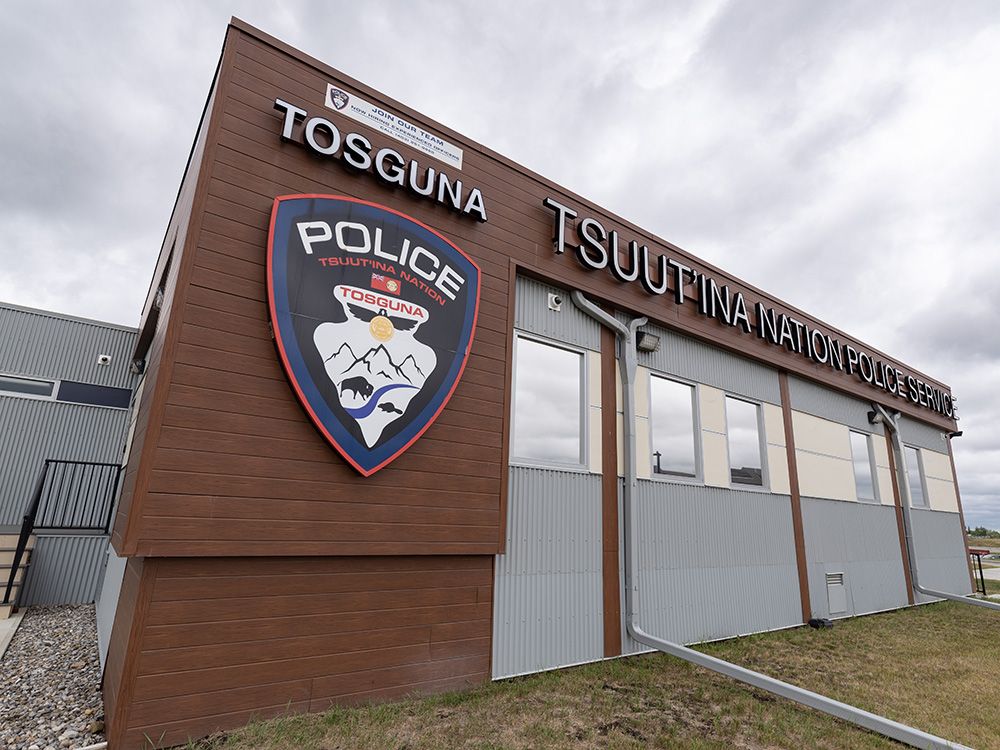Media banned from Tsuut'ina Nation to limit coverage of human trafficking case

Reporters Banned from Tsuut’ina Nation Police Headquarters
In a surprising turn of events, reporters have been banned from the Tsuut’ina Nation following concerns that coverage of a recent human trafficking case could upset band members. The ban was put into effect by Senior Operations Officer Andrew Onespot Jr., who issued a memorandum to the Tsuut’ina Nation Police Service instructing officers to enforce the directive.
The ban comes on the heels of the arrests of nine men in connection with a joint undercover sting operation at the Grey Eagle Resort and Casino, carried out by the TNPS and the Calgary Police Service. The individuals, none of whom are members of the Tsuut’ina Nation, are facing multiple charges related to allegations that underaged Indigenous girls were targeted for sex.
In his memo, Onespot expressed the Nation’s appreciation for the role of the Tsuut’ina Police Service in the sting operation. He cited concerns about the potential impact of media coverage on Tsuut’ina residents as the reason for the ban. Among the reasons listed for the directive were the risk of re-traumatization of residents, respect for cultural protocols and privacy, community tension and public safety, and protection of youth and families.
While some legal experts acknowledge the Nation’s right to control access to their sovereign territory, others question the need for such a ban. Defence lawyer Don MacLeod emphasized the importance of the Nation’s authority over their lands but expressed concerns about potential interference with press freedom. Fellow counsel Allan Fay echoed these sentiments, suggesting that the ban may give rise to suspicions about what the Nation is trying to conceal.
A spokesperson for the TNPS confirmed that the directive will be enforced until further notice from Nation leadership. The ban extends to all media vehicles, personnel, and equipment, with no exceptions unless approved through proper channels.
The decision to restrict media access has raised questions about transparency and accountability within the Tsuut’ina Nation. As the case continues to unfold, the public’s right to information and scrutiny remains a key concern.
For more information, contact KMartin@postmedia.com. Follow updates on Twitter @KMartinCourts.




